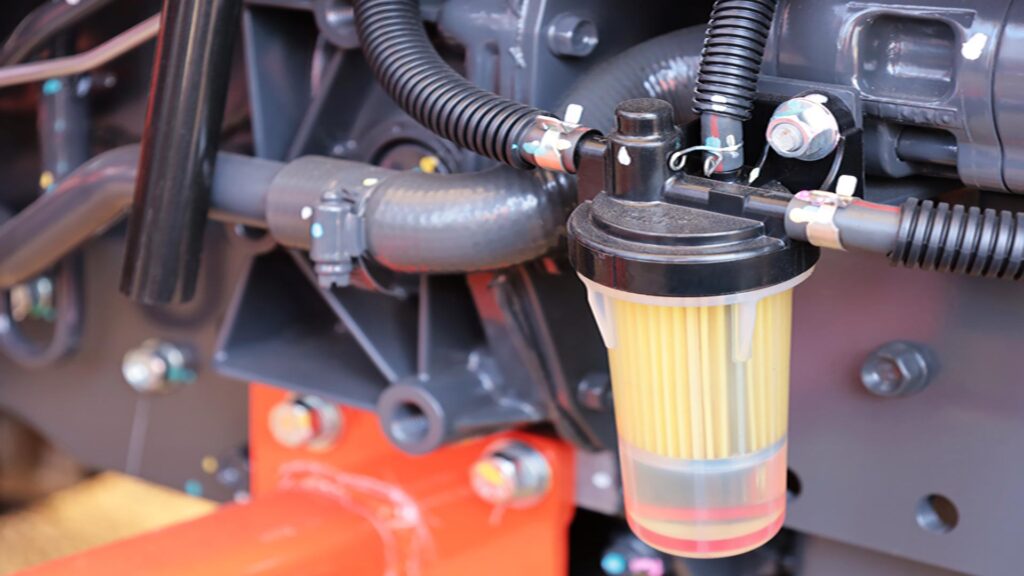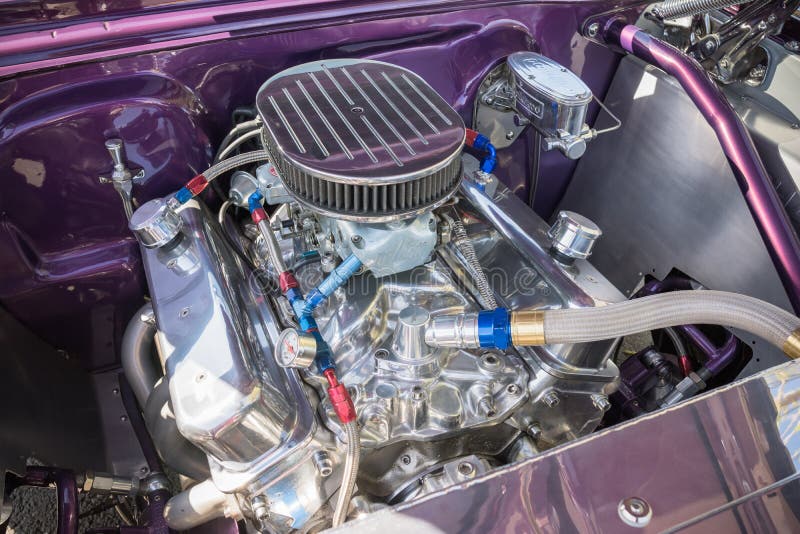Your car’s engine is its heart, and just like any vital organ, it requires consistent care and maintenance to function efficiently. Proper upkeep not only ensures longevity but also enhances performance and fuel efficiency. If you want to keep your vehicle running smoothly for years, follow these essential engine maintenance tips.
1. Regularly Change the Engine Oil
One of the most critical aspects of engine maintenance is changing the oil at the recommended intervals. Engine oil lubricates the moving parts, prevents overheating, and removes contaminants. Over time, the oil degrades and loses its efficiency, which can lead to excessive wear and tear.
To maintain optimal engine health, check the owner’s manual for the recommended oil change schedule. Typically, it should be changed every 3,000 to 7,500 miles, depending on the vehicle and type of oil used. Always use high-quality engine oil that meets your car manufacturer’s specifications to prevent engine damage and improve performance.
2. Keep the Cooling System in Check
An overheated engine can lead to significant damage, which is why maintaining the cooling system is crucial. The radiator, coolant, and thermostat work together to regulate engine temperature and prevent overheating.
Make sure to check the coolant levels regularly and top it off if necessary. Additionally, flush and replace the coolant as per the manufacturer’s recommendations. Keep an eye on signs of leaks, such as puddles of coolant under the car, and inspect the radiator and hoses for cracks or damages. A properly functioning cooling system extends engine life and prevents costly repairs.
3. Replace the Air Filter Regularly
A clean air filter ensures that only debris-free air enters the engine, improving combustion efficiency and fuel economy. Over time, the air filter can become clogged with dirt, dust, and debris, reducing airflow and causing strain on the engine.
Most car manufacturers recommend replacing the air filter every 12,000 to 15,000 miles, but if you drive in dusty or polluted environments, more frequent replacements may be necessary. Checking the air filter periodically and replacing it when dirty can prevent performance issues and increase engine longevity.
4. Monitor and Replace Spark Plugs
Spark plugs play a key role in igniting the air-fuel mixture inside the engine. Worn-out or faulty spark plugs can lead to engine misfires, reduced fuel efficiency, and sluggish performance.
Regularly inspect the spark plugs and replace them as per the manufacturer’s recommendations, usually between 30,000 and 100,000 miles, depending on the type. Signs that you may need new spark plugs include rough idling, trouble starting the engine, and reduced acceleration. Keeping the spark plugs in good condition enhances engine efficiency and overall driving performance.
5. Pay Attention to Warning Lights
Modern vehicles come equipped with dashboard warning lights that alert drivers about potential engine issues. Ignoring these warnings can lead to severe problems and costly repairs.
The check engine light, oil pressure light, and temperature gauge are some indicators you should never ignore. If a warning light comes on, use an OBD-II scanner or visit a mechanic to diagnose and fix the issue promptly. Addressing minor problems early can prevent major engine failures in the future.
6. Maintain the Fuel System

The fuel system is responsible for delivering fuel to the engine efficiently. Over time, fuel injectors, filters, and pumps can become clogged with dirt and deposits, leading to poor engine performance.
To keep the fuel system clean, use high-quality fuel and consider adding a fuel injector cleaner periodically. Replacing the fuel filter as recommended by the manufacturer also prevents clogging and improves engine efficiency. A well-maintained fuel system helps the engine perform at its best while optimizing fuel economy.
7. Inspect Belts and Hoses
Belts and hoses play a crucial role in operating various engine components, including the alternator, water pump, and power steering. Worn-out or damaged belts and hoses can lead to engine malfunctions and even breakdowns.
Regularly inspect these components for cracks, fraying, or wear. Replacing them before they fail can prevent unexpected breakdowns and extend the engine’s lifespan. Most belts and hoses need replacement every 60,000 to 100,000 miles, but always follow the manufacturer’s guidelines.
8. Keep an Eye on Fluid Levels
In addition to engine oil, other fluids like transmission fluid, brake fluid, and power steering fluid play vital roles in your vehicle’s performance. Low or dirty fluids can cause mechanical problems and reduce engine efficiency.
Check fluid levels regularly and top them off as needed. It’s also important to follow the manufacturer’s recommended schedule for flushing and replacing fluids. Keeping all fluids in check prevents premature engine wear and ensures smooth operation.
9. Drive Smoothly and Avoid Excessive Idling
Your driving habits have a direct impact on engine longevity. Aggressive driving, rapid acceleration, and hard braking put unnecessary strain on the engine and other components.
Driving smoothly, maintaining steady speeds, and avoiding excessive idling can reduce wear and tear on the engine. Letting the engine warm up for a minute before driving and allowing it to cool down before turning it off also helps in maintaining performance.
10. Schedule Regular Engine Inspections
Routine engine inspections by a professional mechanic can help identify potential issues before they become major problems. Mechanics can check for leaks, wear and tear, and any components that need servicing.
Scheduling regular tune-ups and diagnostics ensures that the engine remains in top condition and performs efficiently. Preventive maintenance can save you from costly repairs and extend the overall life of your vehicle.
Conclusion
Maintaining your car’s engine doesn’t have to be complicated. By following these essential tips—regular oil changes, checking fluids, replacing worn-out parts, and driving carefully—you can extend the life of your engine and enjoy a smoother driving experience. Investing in preventive maintenance not only saves money on repairs but also keeps your car running efficiently for years to come.
By keeping your engine car in top condition, you ensure better performance, fuel efficiency, and overall vehicle longevity. So, make engine maintenance a priority, and your car will reward you with reliable and trouble-free operation.
